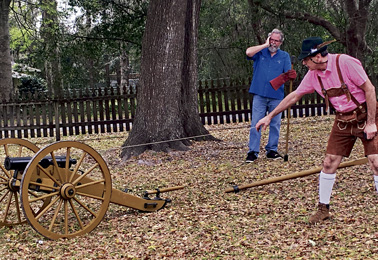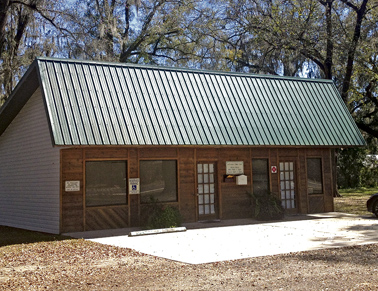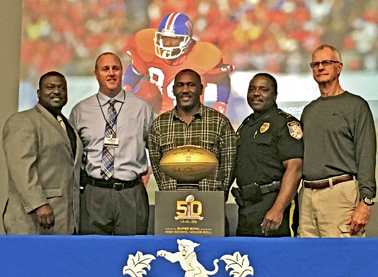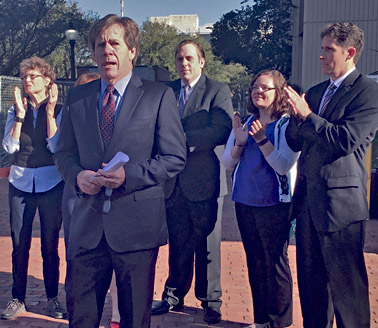
Special to Alachua County Today
Florida Watermelon Queen Katy Mae Harrison represents the Florida watermelon industry throughout the country.
NEWBERRY – Katy Mae Harrison of Newberry is the new Florida Watermelon Queen.
Harrison was crowned as the 2016 Florida Watermelon Queen during the 48th Annual Florida Watermelon Association Convention held Jan. 15-17 at the Renaissance Tampa International Plaza Hotel.
As Watermelon Queen, Harrison travels all over the state and nation to promote the importance of the watermelon industry in Florida.
“As the Florida Watermelon Queen, I will travel throughout the United States and Canada, serving as a spokesperson/ambassador for the watermelon industry,” Harrison said. “I will hold the state title for one year and then in February 2017 I will represent Florida and compete for the 2017 National Watermelon Queen.”
Harrison, 23, is the daughter of Billy Ray and Sherri Harrison of Newberry. She attends Santa Fe College in Gainesville, majoring in Business Administration.
The goal of the Florida Watermelon Queen is to encourage consumers to buy Florida watermelons. Her work includes in-store promotions, visiting schools and touring farms.
She will make appearances at fairs and agricultural conventions to educate consumers about the health benefits and economic value of watermelons.
Harrison says her family played a huge part in helping her achieve the honor.
“I have a wonderful family that encouraged and supported me to compete to be the 2016 Florida Watermelon Queen,” Harrison said. “This unique adventure and opportunity allows me to travel and experience the agricultural industry at many different levels.”
According to its official website, www.flfwa.com, The Florida Watermelon Association was formed to enable growers and marketers of the Florida Watermelon Association to unite and through a concerted, organized membership work to promote the consumption of watermelons grown in Florida.
“After all,” Harrison said, “Florida is the biggest producer of watermelons in the United States, and watermelon is Florida’s fifth top value crop, producing $80 million a year. It is a big responsibility to represent the growers, brokers, and everyone that is involved in the watermelon industry. I am very excited to be the 2016 Florida Watermelon Queen.”
# # #
Email Rbarnett@
alachuatoday.com
Add a comment






